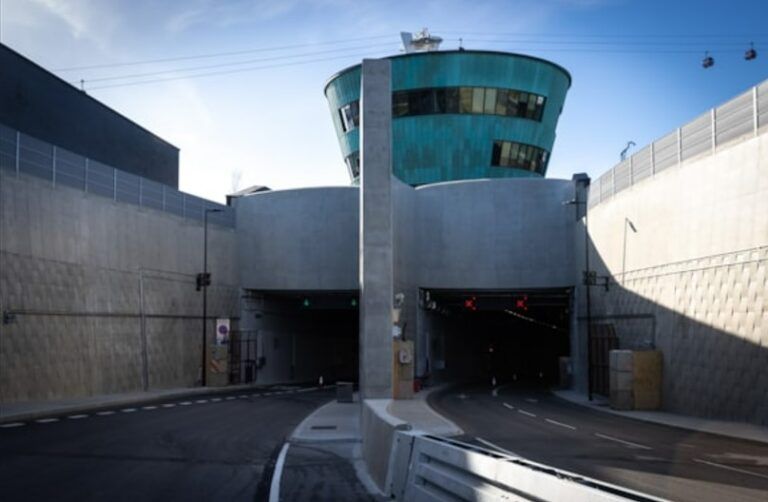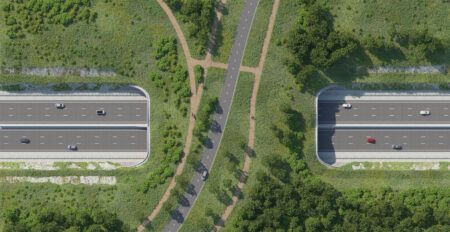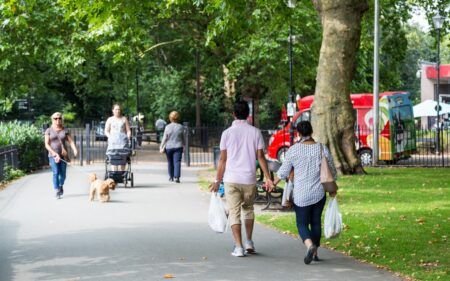Transport for London has announced that Silvertown Tunnel is now open to drivers, offering Londoners improved options for crossing the Thames, faster and more reliable journeys and enhanced public transport links.
A dynamic tolling system is in operation for the tolling, charging £4 per crossing for cars at peak times, with a discount to £1.50 given to cars travelling off peak and using an auto-pay system. Other classes of vehicles are charged differently. The pricing, which is also being brought in to cover the nearby Blackwall Tunnel which had previously been a free crossing is outlined below.
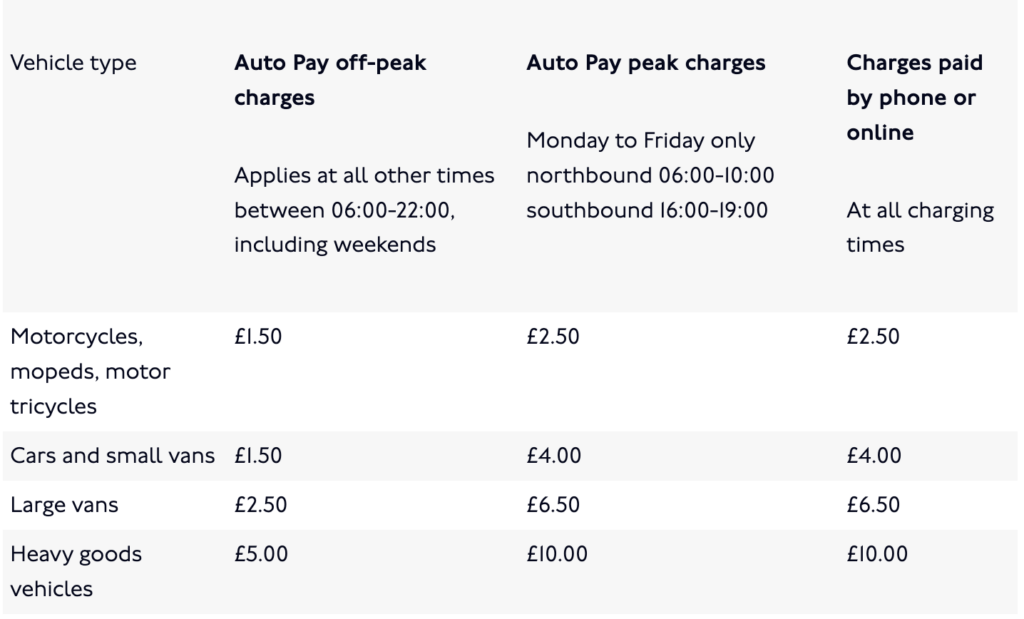
The 1.4km tunnel, which was first announced in 2012, now links Newham to the Greenwich Peninsula and allows for the hourly number of buses able to cross the river in the area to increase from six to 21. The tunnel also offers average journey time savings of up to 20 minutes at peak times.
Silvertown Tunnel has been delivered by Transport for London (TfL) and Riverlinx Limited, which designed, built and financed the project and will also operate and maintain it over the next 25 years.
At the request of the Mayor of London, Sadiq Khan, the scheme was reviewed in October 2016, with a series of enhancements made to the proposals to make it greener and more public transport focused. The result is a scheme which best addresses the current congestion and air quality issues at the Blackwall Tunnel and delivers the best value for money and supports economic growth, TfL noted.
“The new Silvertown Tunnel will transform travel in the South and East of our city, particularly across the River Thames, and will help to address the chronic congestion and poor air quality around Blackwall Tunnel, said Mayor of London, Sadiq Khan. “The new tunnel will reduce journey times, help to manage pollution levels and improve cross-river public transport.”
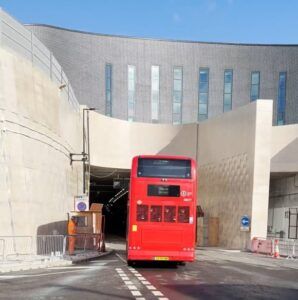 Improved public transport options
Improved public transport options
One of the new bus routes, the Superloop 4 – will connect south-east London to Canary Wharf for the first time and make it easier for people from Blackheath, Lee and Grove Park to cross the Thames.
The tunnel also has capacity for further bus routes to be added in the future as planned regeneration in Newham, Greenwich and Tower Hamlets progresses in the coming decade.
For at least 12 months, the new cross-river bus routes serving Greenwich, Newham, and Tower Hamlets – the routes 108, 129 and the new Superloop 4, will also be free for pay as you go users.
To allow cyclists to cross the river safely, an innovative cycle shuttle service has also been launched, which is also free for at least a year. The service, which has a bespoke silver and blue design to distinguish it from the regular bus network, operates every 12 minutes, seven days a week from 6:30am to 9:30pm.
User charges
East London residents and businesses currently face chronic traffic congestion in the area around the Blackwall Tunnel. The Victorian-era tunnel suffers from frequent closures – more than 700 times a year – which result in large tailbacks, poor air quality and millions of hours lost due to drivers being trapped in traffic congestion.
To help manage traffic levels across the Silvertown and Blackwall Tunnels, to repay costs for building the new Silvertown Tunnel, and to cover ongoing maintenance and operation costs at both tunnels, the user charge has now been introduced between 6:00am and 10:00pm, seven days a week.
Without introducing this user charge at both tunnels, there would likely be high levels of traffic and congestion in the area, which would lead to detrimental air quality impacts, as well as longer journey times, TfL noted. To help residents and businesses, a wide range of concessions and discounts are available, including a 50% discount for low-income residents in the surrounding areas.
“We have worked hard to ensure that, alongside the user charge, there is a package of supporting measures for Londoners and businesses,” explained Andy Lord, London’s Transport Commissioner. “These will ensure that the new tunnel delivers on its objectives of reducing congestion and providing resilience at the Blackwall Tunnel, while supporting local residents on low income, small businesses, sole traders and local charities.”


